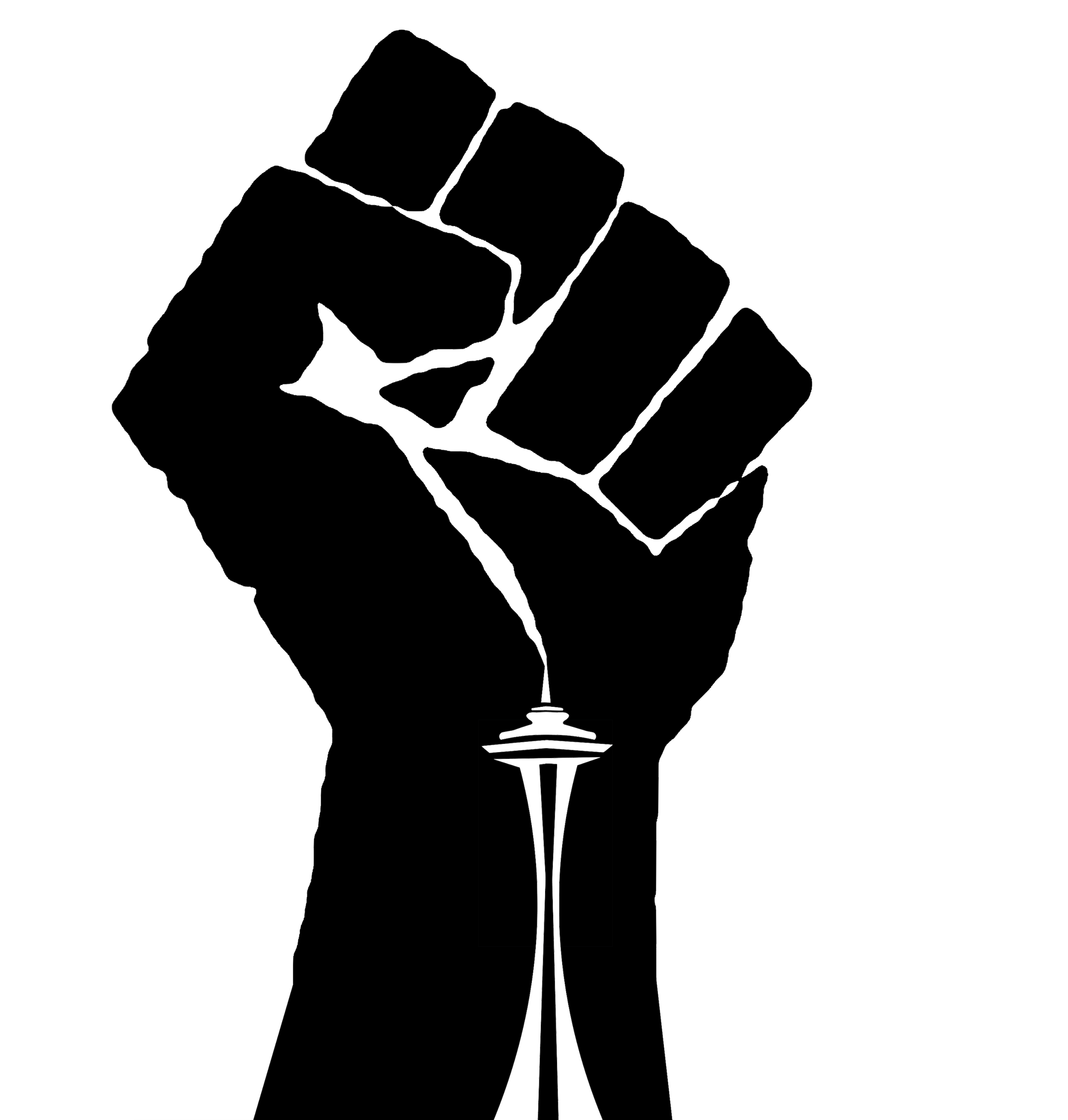“To open Cedar Park as an attendance-area school with potential of high concentration of disadvantaged learners feels like a disservice to the community," Dir. Rick Burke said during the same meeting (in the video at 1:53:00), "but combining the community demographics with a natural tendency of an option school to draw in more affluent families provides a natural balance to demographics.”
Burke is inferring here that a school needs "more affluent families" (code for "more white families," whether he is conscious of that or not) to make a school worth investing in. Referring to a school without those affluent families as "a disservice to the community" shows that on some level, Burke knows the district won't be able to adequately educate the kids in Cedar Park.
SPS has the fifth-worst opportunity gap in the nation and a documented history of disproportionate discipline of students of color. If the district opens a new school made up entirely of those pesky demographics, the entire board knows they will fail to give those kids an excellent education. "Balancing demographics" helps balance overall test scores and overall outcomes. It allows the board and the district to continue to perpetuate opportunity gaps along racial and socioeconomic lines without doing so in a glaringly obvious way. It allows them to avoid addressing the systemic problems within the district that create these gaps in the first place.
Turning Cedar Park into an option school displaces the local community as well, which means this plan represents a well-disguised form of gentrification. Option schools are modern-day "white flight schools." This is will happen with Cedar Park as it has happened elsewhere.
Burke and Harris show that they know this, but again, they do it very subtly. "Disadvantaged learners" is code for "students of color." Knowing that creating an option school would even out those demographics shows an understanding that it would bring gentrification. It's just that they see that as a good thing.
School integration is a tricky issue, in no small part because it's trying to buck the reality of our segregated lives and our segregated society, but it's one of the only initiatives that has truly helped eliminate opportunity gaps.
Some argue, without using these exact words, that the white/affluent kids are so "advantaged" that they'll elevate the class around them, essentially -- that "advantaged learners" will rub off on the poor, unfortunate souls around them.
That's an unfortunate misunderstanding.
Genuine diversity in a school allows more strengths and learning styles to flourish. There is inherent value in diversity and differing perspectives.
And as far as schools go, the numbers are clear: a more white/affluent student body means better teachers and teacher retention, stronger external funding, stronger principals and leadership -- stronger privilege, essentially. Through integration, that privilege is spread out a bit more and is made available to more students of color, giving them easier access to wealthier PTAs, to more privileged teams and organizations and people.
It's not that sitting next to a white kid makes a kid of color smarter. It's that they actually get access to higher-quality elements of the inequitable system.
Historically, however, white families and families of privilege have resisted integration. The only way to actually solve this problem has been to put together policy, pass potentially controversial legislation even in the face of pushback, and do the hard work of changing hearts and minds of people with privilege.
Change is scary. We of privilege don't tend to give up our privilege voluntarily. We push back against threats to the status quo, even if we don't fully realize or articulate what we are doing or why. For our inequitable systems to change, we have to be prepared to make and stand by unpopular decisions, or we need to be honest with ourselves and know that we are failing the students who most need a voice.











